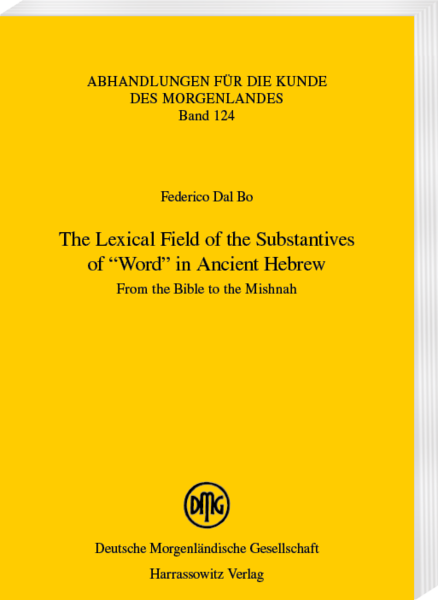The Routledge Handbook of Arabic and Identity
 The Routledge Handbook of Arabic and Identity offers a comprehensive and up-to-date account of studies that relate the Arabic language in its entirety to identity. This handbook offers new trajectories in understanding language and identity more generally and Arabic and identity in particular.
The Routledge Handbook of Arabic and Identity offers a comprehensive and up-to-date account of studies that relate the Arabic language in its entirety to identity. This handbook offers new trajectories in understanding language and identity more generally and Arabic and identity in particular.
Split into three parts, covering ‘Identity and Variation’, ‘Identity and Politics’ and ‘Identity Globalisation and Diversity’, it is the first of its kind to offer such a perspective on identity, linking the social world to identity construction and including issues pertaining to our current political and social context, including Arabic in the diaspora, Arabic as a minority language, pidgin and creoles, Arabic in the global age, Arabic and new media, Arabic and political discourse.
Scholars and students will find essential theories and methods that relate language to identity in this handbook. It is particularly of interest to scholars and students whose work is related to the Arab world, political science, modern political thought, Islam and social sciences including: general linguistics, sociolinguistics, discourse analysis, anthropological linguistics, anthropology, political science, sociology, psychology, literature media studies and Islamic studies.
zum Buch im ULB-Katalog
zum Buch auf der Verlags-Website
The Lexical Field of the Substantives of „Word“ in Ancient Hebrew: From the Bible to the Mishnah
 Jewish Monotheism is built on a fundamental assumption: God has spoken to the Jews and commanded them to follow His law. But what exactly are – “God’s words”?
Jewish Monotheism is built on a fundamental assumption: God has spoken to the Jews and commanded them to follow His law. But what exactly are – “God’s words”?
This monograph examines the notion of “word” in Ancient Judaism from the Bible to the Mishnah – from Scripture to this prominent Hebrew law handbook redacted at the beginning of 3rd century c.e. It explores the notion of human and divine “word” and its transformation in the narrative, legal, poetical, and theological pieces of Jewish literature. It pays particular attention to the semantic evolutions of all those substantives that designate a “word” or any other relevant element of speech that both humans and God use to communicate with each other.
The monograph offers an analysis of the word field of the substantives of “word” from a double perspective – a linguistic and a cultural one. On the one hand it relies on Eugenio Coseriu’s semantics and on the disseminated notion of “Hebrew functional languages.” It starts from the presupposition that every term has its own meaning only due to its connection with other terms – called “lexical field.” It also argues that Hebrew can be divided into several “functional languages” that have different social and communicative functions: a narrative, legal, poetical, and performative one.
On the other hand, the monograph also takes into account the reception history of Scripture through its main ancient translations into Greek, Aramaic, and Syriac. In doing so, the monograph examines the word field of the substantives of “word” also from a cultural perspective and shows the evolution of this fundamental portion of Jewish literature.
zum Buch im ULB-Katalog
zum Buch auf der Verlags-Website
Weitere Titel können Sie in unseren Neuerwerbungslisten für die Sprachen und Kulturen Asiens, Afrikas und Ozeaniens entdecken!
